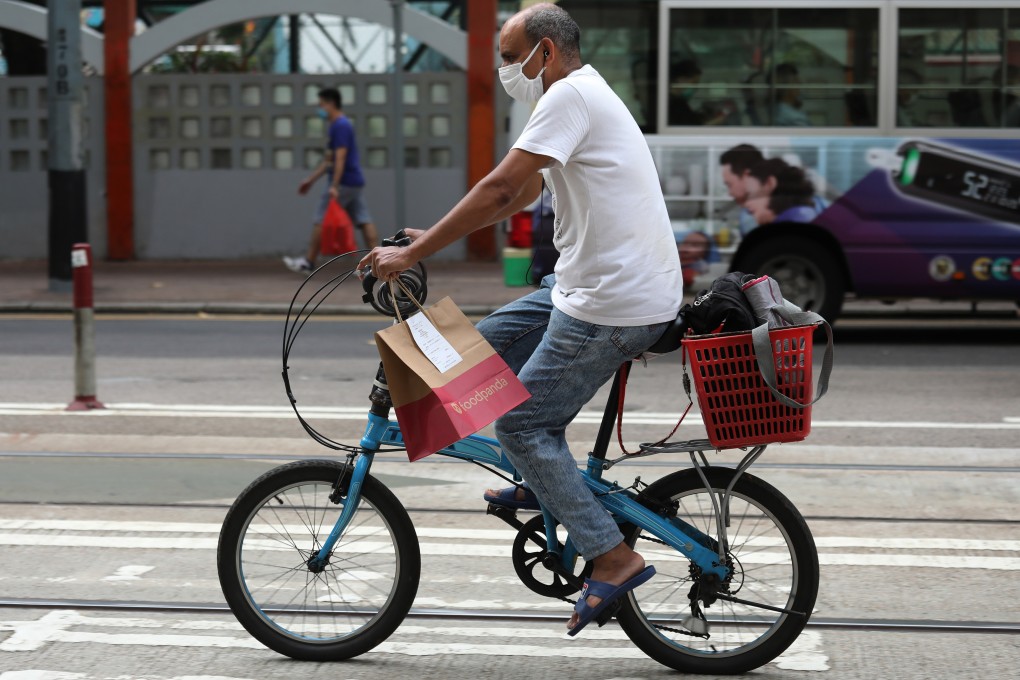Letters | MPF update was a start, but Hong Kong must also protect gig worker rights
- Readers discuss the legal loopholes that leave the self-employed unprotected, the struggle to suppress illegal cigarette sales, and Beijing’s long-game approach to Taiwan

Many developed countries have already taken action to protect the basic labour rights of the self-employed. In France, gig workers are entitled to insurance, proof of employment and trade union rights. In Germany, employers must provide work tools such as bikes and mobile phones to freelancers. In the UK, a Supreme Court ruling has recognised Uber drivers as employees of the firm, not self-employed.
The one-month wage period and compensation for late payment of salary currently stipulated by the Employment Ordinance do not apply to gig workers. This legal loophole not only weakens the bargaining power of freelancers, but also leads to unequal treatment.
At present, the self-employed are required to make MPF contributions on a self-reporting basis. While freelancers have to shoulder this onus, employers should be equally required to shoulder basic but necessary responsibility as well. The government should update the labour regulations swiftly to respond to this growing situation.